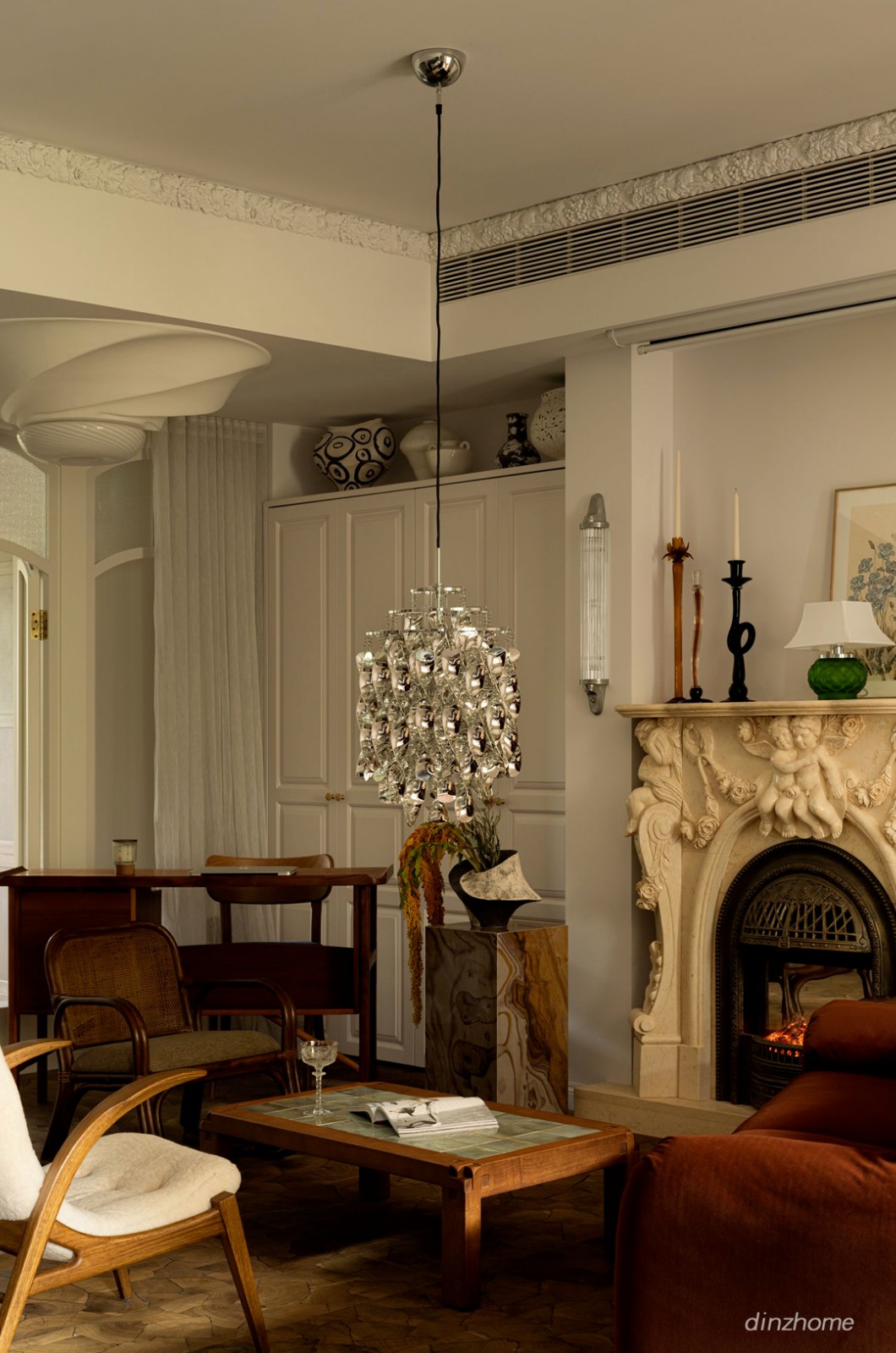Hambach Castle Max Dudler
2013-05-21 01:00
© Stefan Müller
斯特凡·穆勒


作为所谓的“德国国庆”的背景,汉巴赫城堡见证了德国和欧洲的历史,并被认为是德国民主的摇篮,这是由于1832年在其废墟中举行的哈巴赫节。自公元305年作为罗马晚期山顶定居点建立以来,这座城堡在数个世纪以来一直被广泛改造。在2002年将其移交给Hambach城堡基金会后,该建筑计划进行广泛的现代化、改建和新的建筑工程。由基金会组织的建筑竞赛由建筑师Max Dudler赢得。
Serving as backdrop to the so-called “German National Festival”, Hambach Castle bears unique witness to both German and European history and is regarded as the cradle of German democracy due to the Hambach Festival which took place amid its ruins in 1832. Since its founding as a late Roman hilltop settlement in 305 AD, the castle has been modified extensively over successive centuries. After its transferral to the Hambach Castle Foundation in 2002, plans were drawn up for the structure to undergo extensive modernisation, remodelling and new construction work. The architectural competition organised by the Foundation was won by the architect Max Dudler.
© Stefan Müller
斯特凡·穆勒


达德勒坚持认为,对历史建筑的任何增建都应该扩大,而不是压倒现有的建筑。建筑应该“尊重地方的语言,对结构的现有词汇做出适当的建筑反应”。铭记这座建筑近两千年的历史,他的目标是通过微妙的手段扩展现有的历史结构。一个平衡的建筑整体是通过使用嵌入在传统和历史中的当代风格来创造的。
Dudler was insistent that any additions to the historical building should augment rather than overwhelm the existing structure. The architecture should “respect the language of the place by coming up with a suitable architectural response to the structure’s existing vocabulary”. Bearing in mind the building’s almost two thousand year history, his goal was to extend the existing historical structure through subtle means. A balanced architectural whole was created through use of a contemporary style embedded in tradition and history.
© Stefan Müller
斯特凡·穆勒


在重建工作中,达德勒非常重视揭露建筑物的原始物质。现有的墙壁经过艰苦的清洗、打开和巩固,从而创造了空间和时间上的联系,这些联系在此之前一直被隐藏着。新的特点,由樱桃木,砂岩,钢和玻璃等材料制成,融入空间自然,所有的技术元素是很好的伪装。
During the rebuilding work, Dudler attached great importance to exposing the building’s original substance. The existing walls were painstakingly cleaned, opened up and consolidated, thereby creating both spatial and chronological connections which had remained concealed until then. The new features, made from materials such as cherry wood, sandstone, steel and glass, blend into the space naturally, and all technical elements are well disguised.
© Stefan Müller
斯特凡·穆勒


城堡的“餐厅1832年”的建筑-它的全景石阶提供了令人叹为观止的风景-也从防御墙的视觉领头。这些墙在一定程度上得到了加强,形成了一座雕塑建筑,其就餐功能也使整个建筑群受益。这家餐馆有许多窗户,窗户与内墙齐平。这些深深凹进的形式,在不同的大小分布像绘画跨越餐厅的墙壁,创造复杂的视觉构图,建立了一个加强的关系,与令人惊叹的景观以外。灯光和直线餐厅和谐地依偎在现有的历史城堡建筑中,提供了中世纪环形墙的光学延续和建筑结构形式的逻辑演变。这些墙由当地的黄色砂岩制成,严重影响了遗址的整体外观,因此,达勒选择了同样的材料进行新的建筑工程。
The architecture of the castle’s “restaurant1832“ – with its panoramic stone terrace offering breathtaking views – also takes its visual lead from the defensive walls. These walls were strengthened to an extent, resulting in a sculptural building whose dining function also benefits the complex as a whole. The restaurant has many windows which are glazed flush with the interior wall. These deeply recessed forms in various sizes are distributed like paintings across the restaurant wall, creating sophisticated visual compositions which establish an enhanced relationship with the stunning landscape beyond. The light and rectilinear restaurant harmoniously nestles into the existing historical castle building, providing both an optical continuation of the medieval ring wall and a logical evolution of the building’s structural form. Made of local yellow sandstone, these walls heavily influence the site’s overall appearance and it was for this reason that Dudler chose the same material for new construction work.
© Stefan Müller
斯特凡·穆勒


“由墙造楼”的概念与整个建筑整体产生了共鸣。这导致了不引人注目的,干净的结构,补充了主城堡建筑,从而为游客提供了一个历史上尊重的接待。
The concept of “creating a building from the wall” resonates with the building ensemble as a whole. This results in unobtrusive, clean-lined structures which complement the principal castle building, thereby offering visitors a historically respectful reception.




























































_und_erdgeschoss_(lounge_und_terrasse).jpg)

_und_erdgeschoss_(lounge_und_terrasse)2.jpg)











Architects Max Dudler
Location 67434 Neustadt, Germany
Category Heritage
Area 1300.0 sqm
Project Year 2011
Photographs Stefan Müller
























